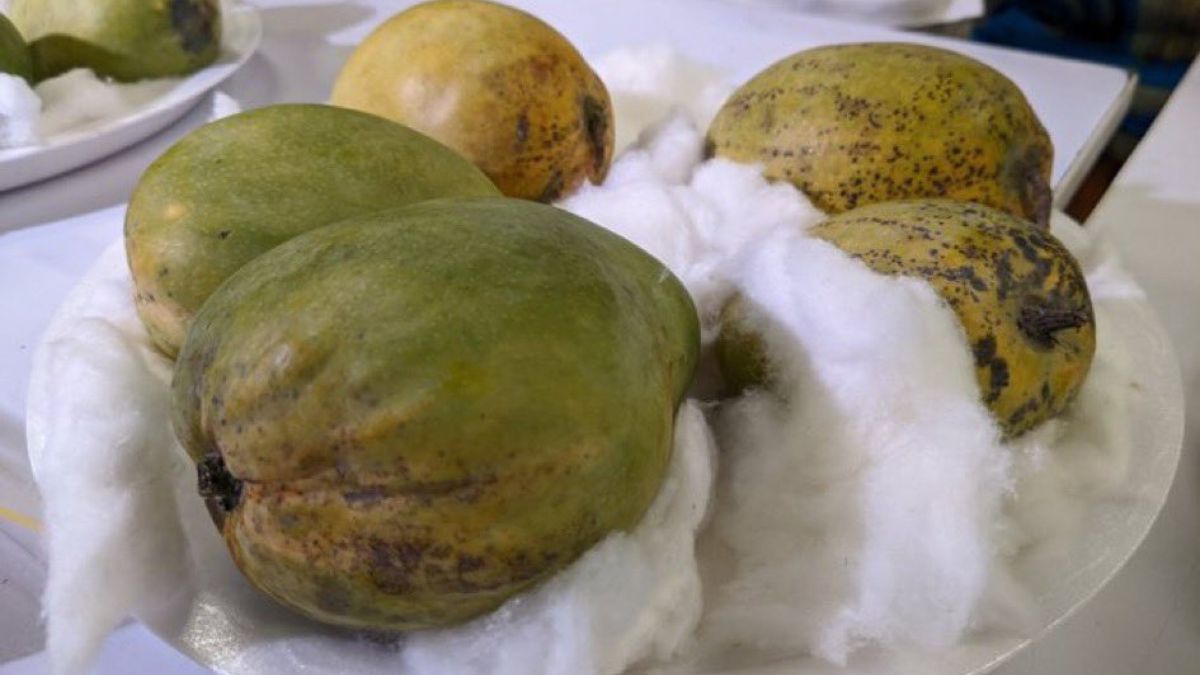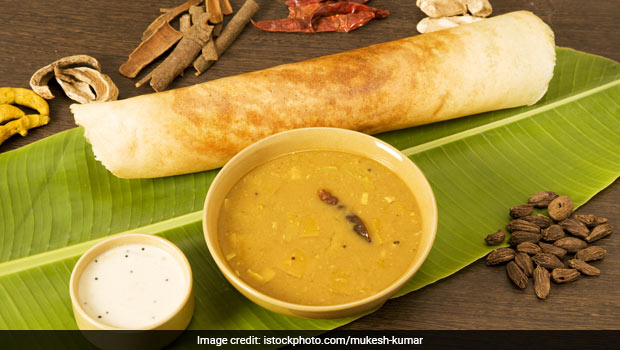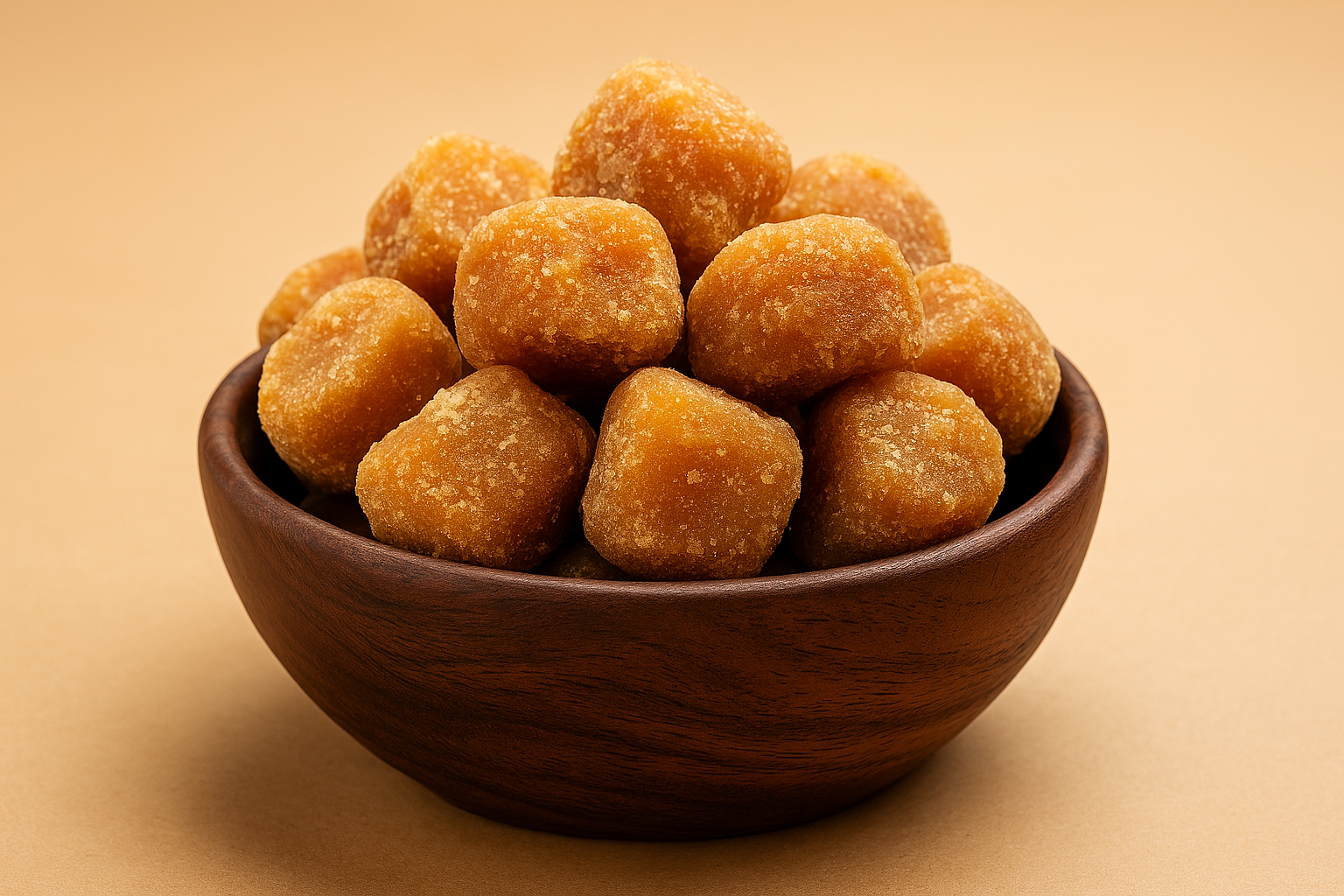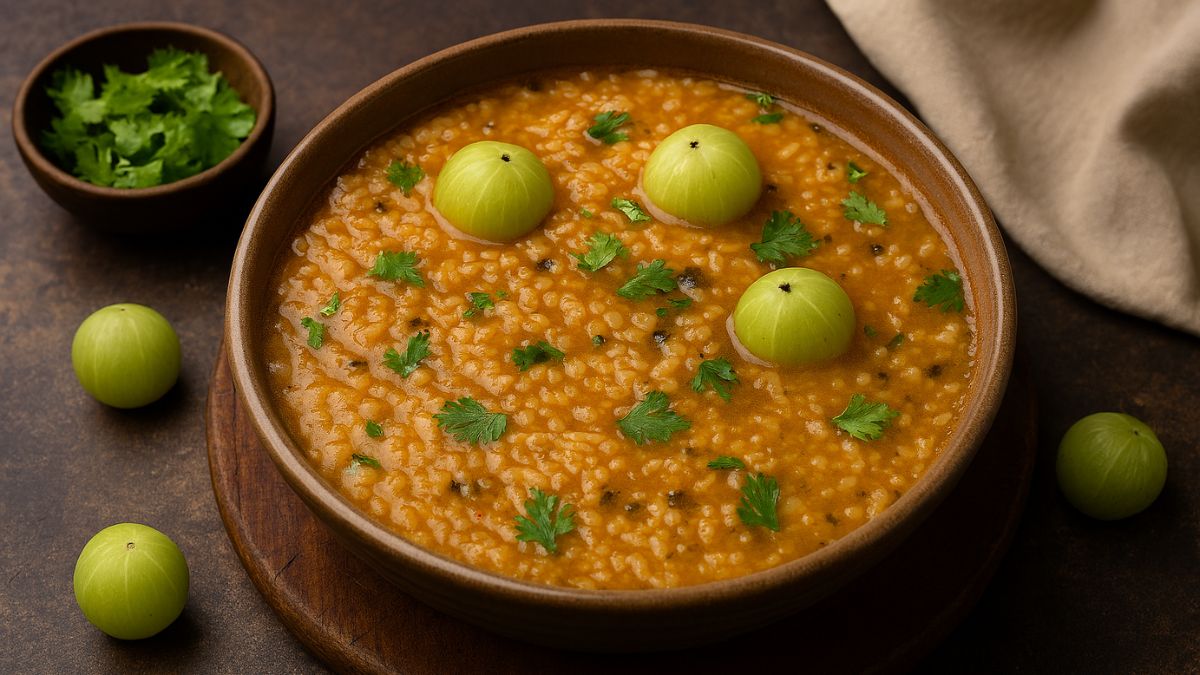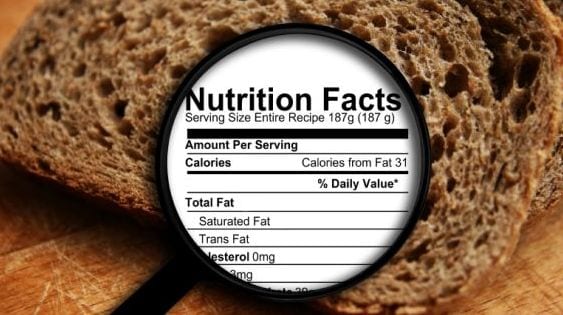Many people are shying away from foods with less-than-natural ingredients because of a substance or a chemical that is added to many products such as beverages, sweets, baked-goods, breads and many more these days. These can be also commonly found in vegetables, fruits and tinned foods. We are talking about Preservatives and how an excessive consumption of these could lead to long term health issues. Preservatives are typically used to, you guessed it right, ‘preserve’ food items. This helps increase the shelf-life of products and makes sure that there is no loss of taste or flavour in the product over a period of time. With globalization and increased transport efficiencies, a food item produced in a South-American country is now easily available in a South-east Asian city thousands of miles away. The transport could take a few days or a few weeks, but adding preservatives will ensure that it is received by a customer exactly how its maker intended it to be at the time of manufacturing it. Not all preservatives are bad though; we need to learn how to differentiate the good ones from the unhealthy ones. There are basically two types of preservatives –
1. Natural Preservatives - These are ingredients that are used to preserve ‘as is’. Their chemical composition is not altered and they are not mixed with any synthetic items either. These also have, in most cases, anti-oxidant properties. We know that Anti-oxidants delay the process of oxidation or ageing as it were. This is similar to what a preservative needs to do; delay the ageing process of a food item to increase its longevity. Naturally occuring preservatives include oil, sugar and salt. Pickles can last for years because of a potent combination of salt and oil – that acts like a natural preservative for the vegetable chunks. There are also several methods that are used to preserve foods. Curing, freezing, dehydrating, canning, jellying and fermentation are some of them. (Also read: Preservatives Lurking in Your Food) Oil is a natural preservtive2. Artificial Or Chemical Preservatives -These preservatives are also used to delay spoilage and contamination in foods, but these are artificially produced or synthetic in nature. Often these are also called ‘additives’ on food labels – so read the label carefully before you make the purchase. Ketchups, packed juices, baked goodies and spreads and jams could contain artificial preservatives.
Oil is a natural preservtive2. Artificial Or Chemical Preservatives -These preservatives are also used to delay spoilage and contamination in foods, but these are artificially produced or synthetic in nature. Often these are also called ‘additives’ on food labels – so read the label carefully before you make the purchase. Ketchups, packed juices, baked goodies and spreads and jams could contain artificial preservatives.
 Avoid using artificial preservatives
Avoid using artificial preservatives
Main Side Effects Of Preservatives1. One of the possible harmful effects of preservatives could be a trigger for breathing problems asthama, bronchitis.2. Preservatives can cause problem within young children like hyperactive behaviour. This problem is also measured by parental and objective reporting.3. Sustained and excessive consumption of
1. Natural Preservatives - These are ingredients that are used to preserve ‘as is’. Their chemical composition is not altered and they are not mixed with any synthetic items either. These also have, in most cases, anti-oxidant properties. We know that Anti-oxidants delay the process of oxidation or ageing as it were. This is similar to what a preservative needs to do; delay the ageing process of a food item to increase its longevity. Naturally occuring preservatives include oil, sugar and salt. Pickles can last for years because of a potent combination of salt and oil – that acts like a natural preservative for the vegetable chunks. There are also several methods that are used to preserve foods. Curing, freezing, dehydrating, canning, jellying and fermentation are some of them. (Also read: Preservatives Lurking in Your Food)
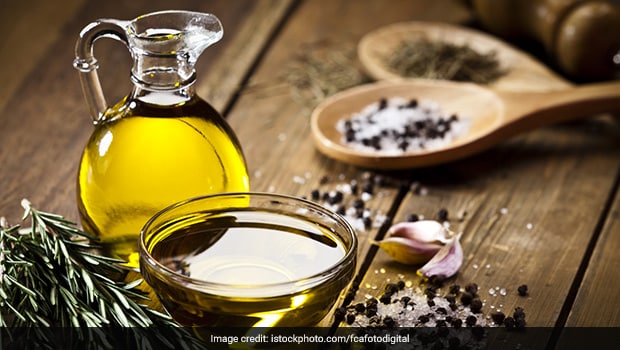
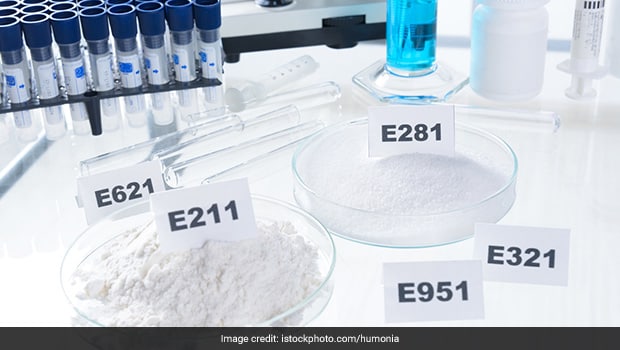
Main Side Effects Of Preservatives1. One of the possible harmful effects of preservatives could be a trigger for breathing problems asthama, bronchitis.2. Preservatives can cause problem within young children like hyperactive behaviour. This problem is also measured by parental and objective reporting.3. Sustained and excessive consumption of
Advertisement
For the latest food news, health tips and recipes, like us on Facebook or follow us on Twitter and YouTube.
Tags:
